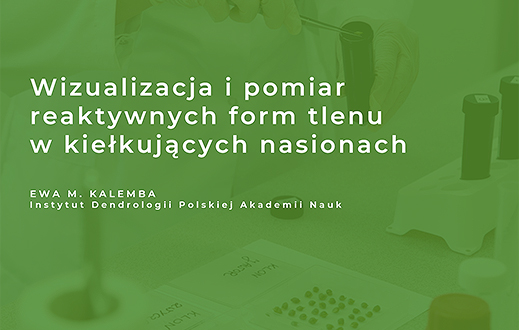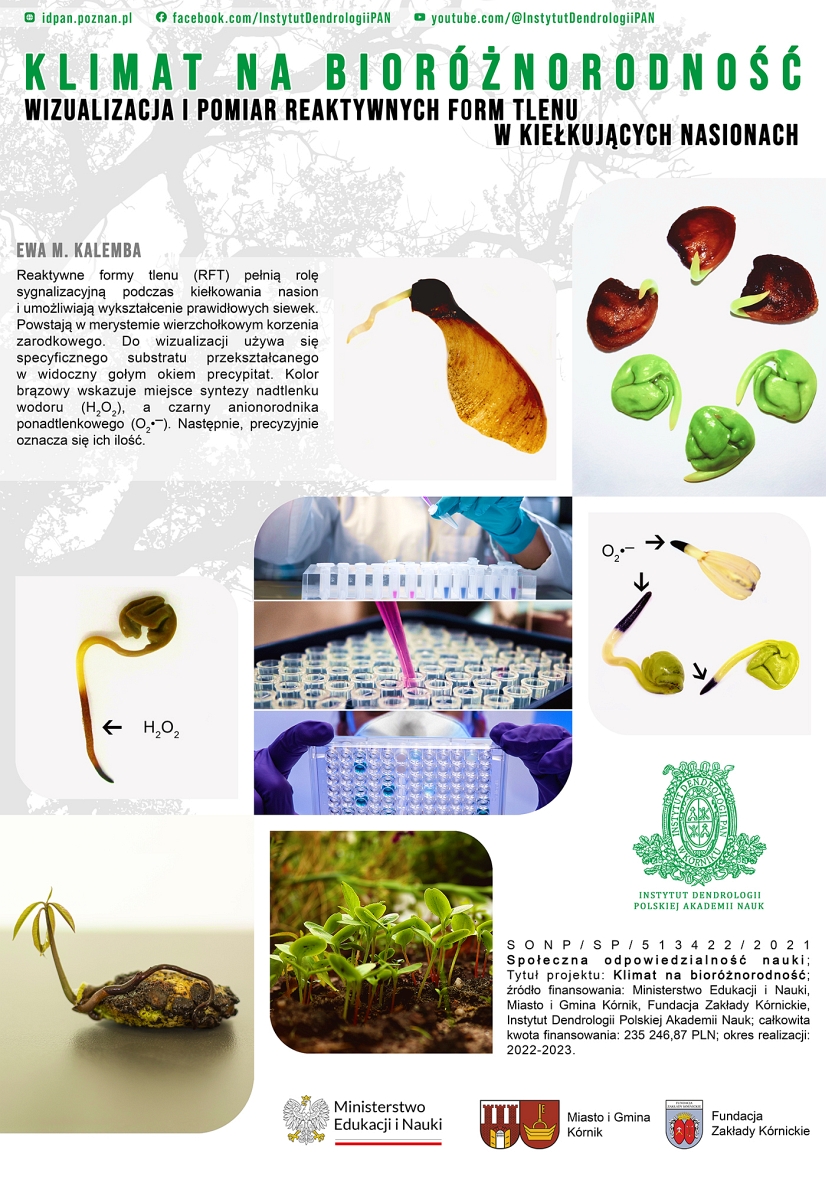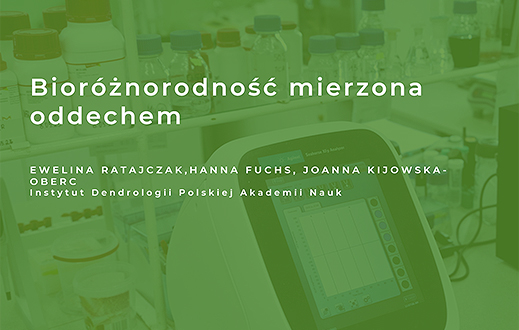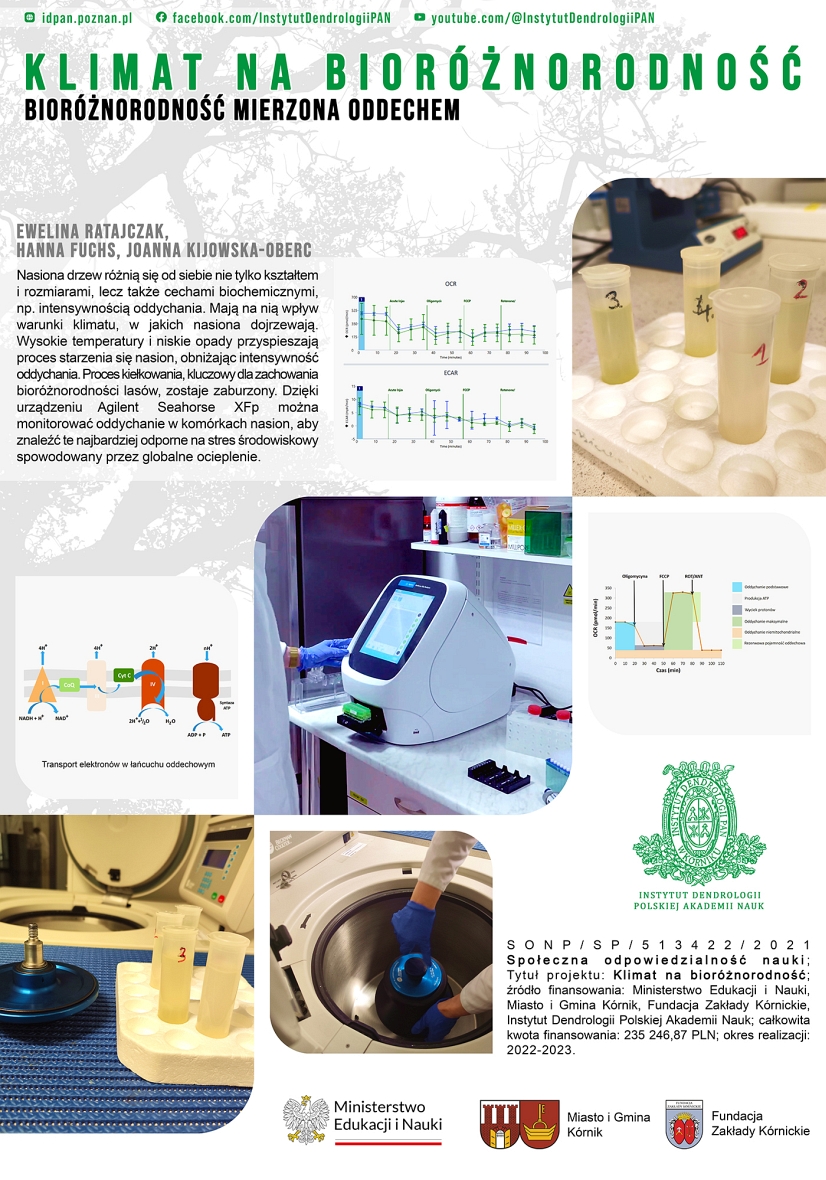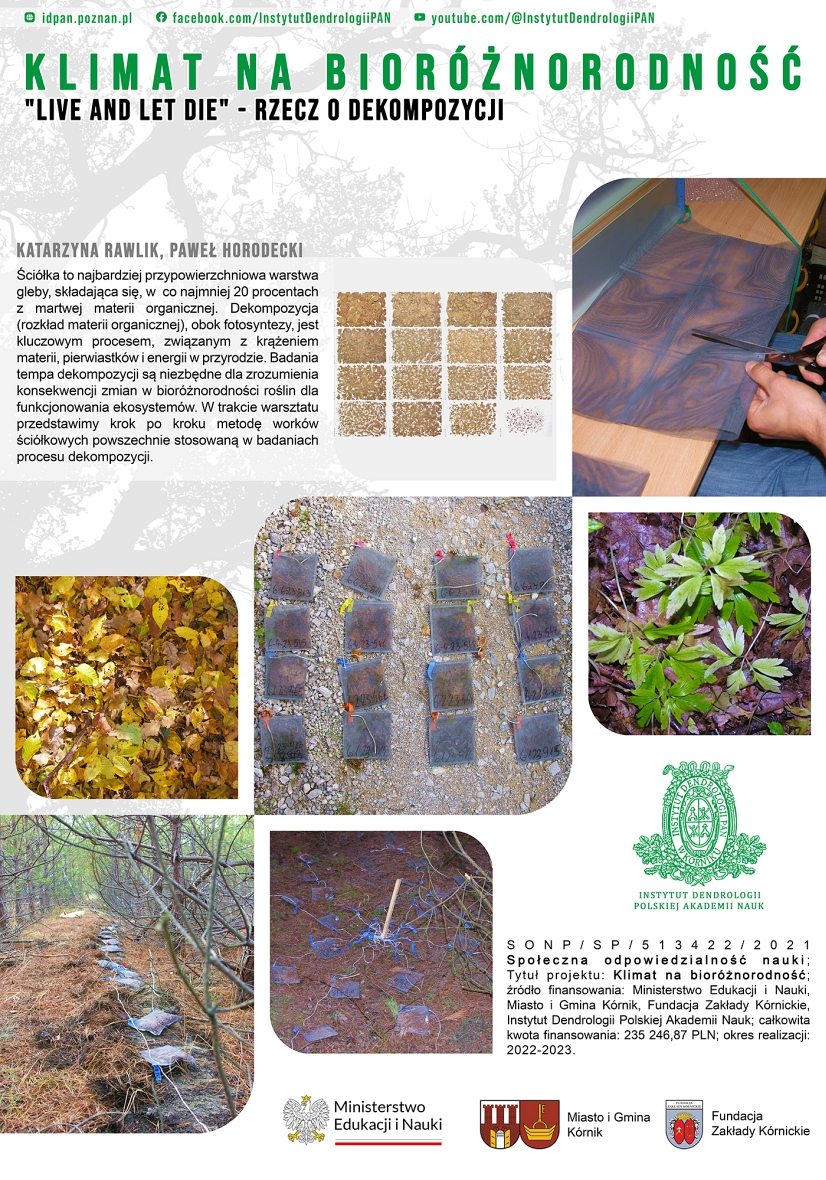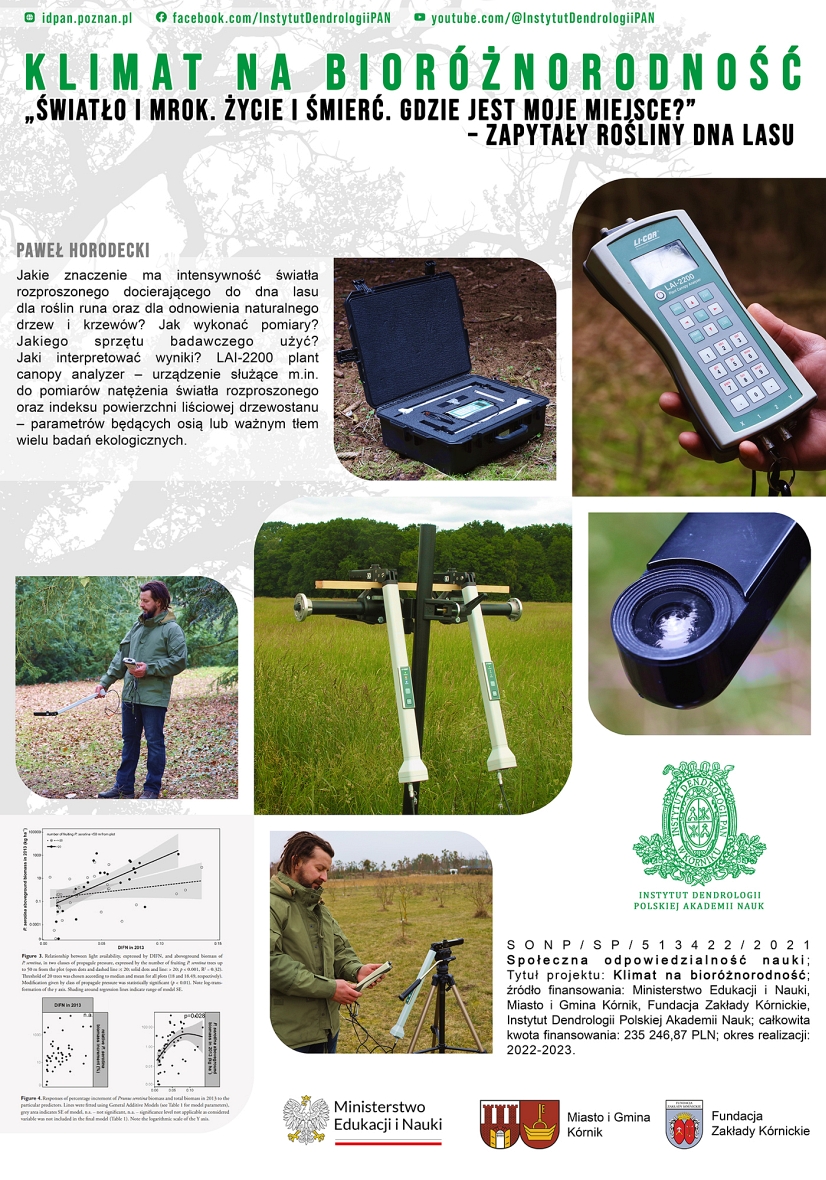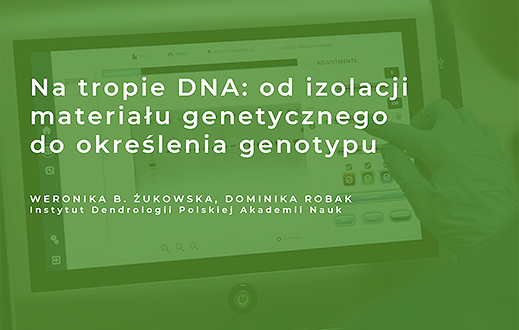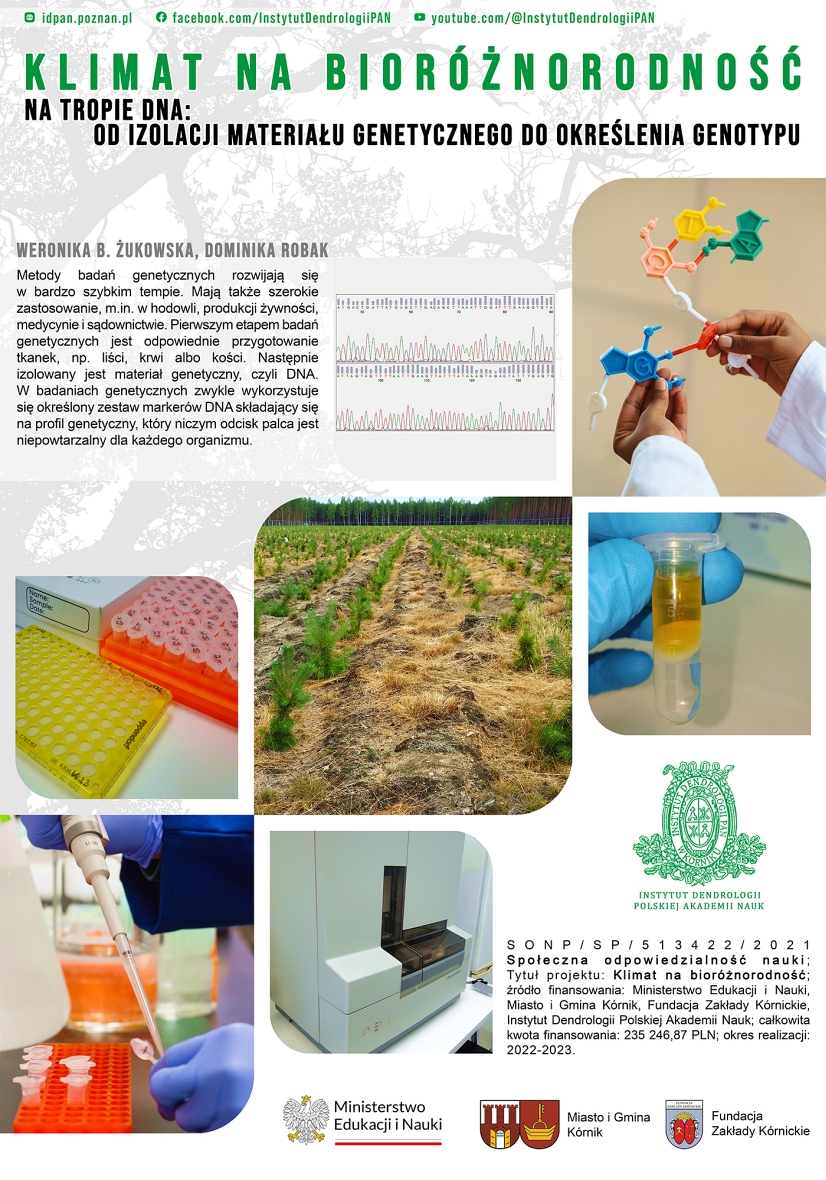We kindly invite you to listen to the workshop led by Prof. Ewa M. Kalemba, titled “Visualization and measurement of reactive oxygen species in germinating seeds.”
Reactive oxygen species (ROS) serve a signaling function during seed germination and enable the development of normal seedlings. They are produced in the apical meristem of the embryonic root. For visualization, a specific substrate is used that is converted into a precipitate visible to the naked eye. A brown color indicates the site of hydrogen peroxide (H2O2) synthesis, whereas black indicates the superoxide anion (O2•–). Subsequently, their quantities are precisely measured.
.
We kindly invite you to listen to the workshop led by Prof. Ewelina Ratajczak, Dr. Hanna Fuchs and M.Sc. Joanna Kijowska-Oberc, titled “Biodiversity measured by breath.”
Tree seeds differ not only in shape and size but also in biochemical traits, such as respiration rate. This rate is influenced by the climatic conditions in which the seeds mature. High temperatures and low precipitation accelerate the aging process of seeds, reducing their respiration rate. Consequently, the germination process—crucial for preserving forest biodiversity—becomes disrupted. By using the Agilent Seahorse XFp device, it is possible to monitor respiration in seed cells to identify those most resistant to environmental stress caused by global warming.
We kindly invite you to listen to the workshop led by Dr. Paweł Horodecki, titled “Light and Darkness. Life and Death. Where Is My Place?”—asked the forest floor plants.
What is the significance of the intensity of diffuse light reaching the forest floor for understory plants, as well as for the natural regeneration of trees and shrubs? How should one carry out the measurements? What research equipment should be used? How should the results be interpreted? The LAI-2200 plant canopy analyzer is a device used, among other things, to measure the intensity of diffuse light and the leaf area index of a stand—parameters that serve as the core or an important backdrop for numerous ecological studies.
We kindly invite you to listen to the workshop led by Dr. Weronika B. Żukowska and M.Sc. Dominika Robak, titled “Tracing DNA: from genetic material isolation to genotype determination.”
Methods of genetic research are developing at a very rapid pace. They also have a broad range of applications, among others in breeding, food production, medicine, and the judiciary. The first stage of genetic research is the proper preparation of tissues, for example leaves, blood, or bones. Next, the genetic material, i.e. DNA, is isolated. In genetic research, a specified set of DNA markers is usually used, which constitute a genetic profile that, just like a fingerprint, is unique to each organism.











